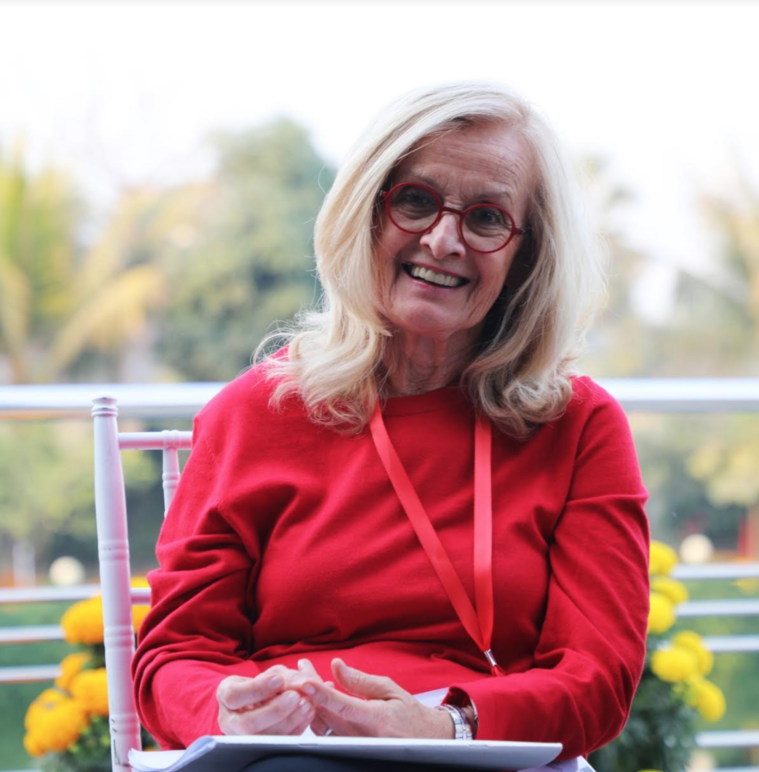“Childhood is the Dna of Humanity”
In the Nineties, Newsweek defined public 0-6 schools in Reggio Emilia, Northern Italy, the best ones for toddlers in the world. The so called “Reggio Approach”, in fact has been studied for decades by the best international researchers. Jerome Bruner, Howard Gardner, the Nobel prize James Heckman, and many others have spent hours and hours in Reggio Emilia, speaking with teachers, children, families, administrators, and Loris Malaguzzi, the “founder”.
Now, a PhD course in ‘Reggio Childhood Studies” will be held in Reggio Emilia from 2020 to 2023 and the applications on line for admission shall be submitted by Tuesday, July 7. The full title is ‘Reggio Childhood Studies – from early childhood to lifelong learning’.
The course is promoted by the Department of Education and Human Sciences - University of Modena e Reggio along with Fondazione Reggio Children – Centro Loris Malaguzzi. It is the first International Industrial Research PhD course in Human Sciences inspired by the educational experience of Reggio Emilia.
The first edition began in 2019, this second one offers 11 new places, 8 with scholarship. It will be held not online, but in Reggio Emilia.
Carla Rinaldi, best known as Carlina, is a pedagogist and has worked 25 years together with Loris Malaguzzi, the Municipality of Reggio Emilia and all the women – public administrators, teachers, pedagogists, mothers, cooks, artists – that struggled in the Seventies to create this pubblic system for education. The whole city. She is now president of the Reggio Children Foundation.
“The most extraordinary book that these Phd students will study are the schools and the city of Reggio Emilia” she says.
President Rinaldi, what are the Reggio Childhood Studies?
“They start from the idea that childhood is not a period of life, but a way of thinking to life. It is a culture, a way of looking to life, a right to learn all life long. Above all, as we have seen in this pandemic aera, societies need to let themselves be insipred by their childhood to go forward. Curiosity, astonishment, creativity, wonder of knowing are the approach to life of children. They are the Dna of Humanity, according to our vision. When a society looses its childhood, it looses the essence of Humanity”.
What is so extraordinary in the Reggio Emilia experience?
“Reggio Emilia has been able for more than 60 years to be a unique playground where to experience civic and cultural participation around childhood. And this has been possible thanks the engagement of the whole community for high qualities public schools for children from 0 to 6 years old. They are places of democracy”.
Which kind of backgounds or graduates would you like to involve?
“We are looking for the ones with a pedagogical background, but not only. We offer an episthemological path and it would be fantastic to have medicicians, achitects, artists and other kind of disciplines. We think about a residential communiy like a sort of agora, able to research together and to interact with the city. We look for the ability to read our contemporary aera, also with a critical thinking”.
What about making this Phd in the pandemic aera?
“Because of the pandemica aera, the meaning of this Phd will be higher. We need a thinking community that save the childhood oh Humanity and children can help us to deal with the crisis. This International Industrial Research PhD course in Education unites the top down and bottom up approach, academic knowledge and the wisdom of the community, the “experience” that comes from the wedding between theory and praxis”.
The 3-year-long interdisciplinary course will be under the direction and coordination of prof. Alberto Melloni, Director of the Department of Education and Human Sciences of Unimore.
It offers an advanced training path, enriched by well-known quality international partners, so as to build a library of research that elaborates the experience and addresses the new challenges of the world of education.
The application for admission, together with a research project, shall be submitted by Tuesday, July 7, at 1:00 p.m. There will be a selection procedure by qualifications and, for those admitted, an online interview on Google Meet on Monday 27 and Tuesday 28 July at 9:00 a.m.
The research themes addressed in the course, whose official language is English, range from space and environment as elements that contribute to structuring play learning processes and learning in the digital age; from meaning making process, hermeneutics and pedagogical documentation to sociology and anthropology; cognitive and emotional group processes and paths for building up an educating community and developing group ties are also explored, starting from the most relevant contexts of socialization, education and training.
The PhD fellows in Reggio Childhood Studies will be able to work as coordinators in the pedagogical outlining, organization of educational services addressed to children and beyond. They will also be able to find professional opportunities also in public and private, national and international organizations that promote the approach to education of the city of Reggio Emilia at various levels of education.
The course is supported by the contribution of Farmacie Comunali Riunite, Iren, Unindustria Reggio Emilia, Fondazione Manodori.
For further information see >> and the Call for Admission, nr. 10 https://www.unimore.it/AZdoc/CallPhDEnglishXXXVIINTERNET.pdf







































i-Italy
Facebook
Google+
This work may not be reproduced, in whole or in part, without prior written permission.
Questo lavoro non può essere riprodotto, in tutto o in parte, senza permesso scritto.